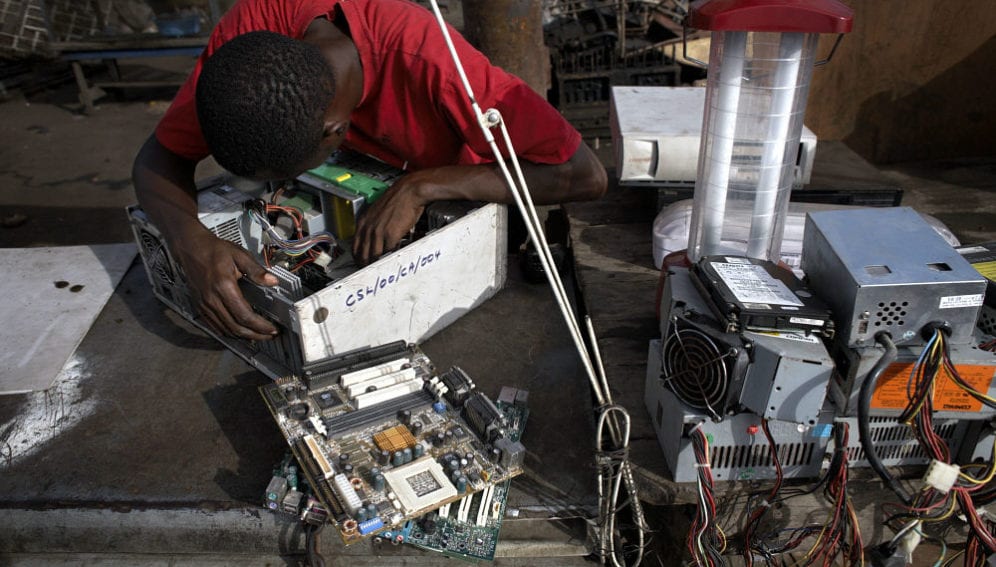By: Sam Otieno
Send to a friend
The details you provide on this page will not be used to send unsolicited email, and will not be sold to a 3rd party. See privacy policy.
[KIGALI] African countries need to embrace circular economy to lessen waste production and pollution whilst promoting environmentally friendly and sustainable growth, experts say.
Circular economy — the concept of reducing and reusing waste — could help the continent solve environmental challenges, according to the 2nd Next Einstein Forum held in Rwanda last month (26-28 March).
Ann Therese Ndong-Jatta, director of the UNESCO Regional Office for Eastern Africa, criticised policies and regulatory frameworks in the region, saying they do not promote circular economy. For instance, used cars imported into Africa continue to pollute the environment because of low implementation of environmental standards.
“This requires political will, more education and training for people to understand the importance of this [circular economy].”
Ann Therese Ndong-Jatta, UNESCO Regional Office for Eastern Africa,
Ethical principles between governments and investors that consider negotiating creation of employment and protecting the environment, she added, are needed before a company starts its operations.
“This requires political will, more education and training for people to understand the importance of this [circular economy],” Ndong-Jatta says.
The continent, Ndong-Jatta added, needs to make sustainable use of natural resources through technology, citing the use of solar energy to light cities and villages and to increase food production.
Kathryn Toure, regional director, Sub-Saharan Africa, Canadian International Development Research Centre, explained that there is a need to find biological or natural ways of using resources that result in zero waste because waste produces almost ten per cent of global greenhouse emissions.
“Investing in research that helps the local people, designing the circular economy to increase women participation, and monitoring what the companies are doing could make the difference,” Toure told SciDev.Net, adding that some companies produce emissions of waste, which are harmful to people’s health and also pollute the environment.













